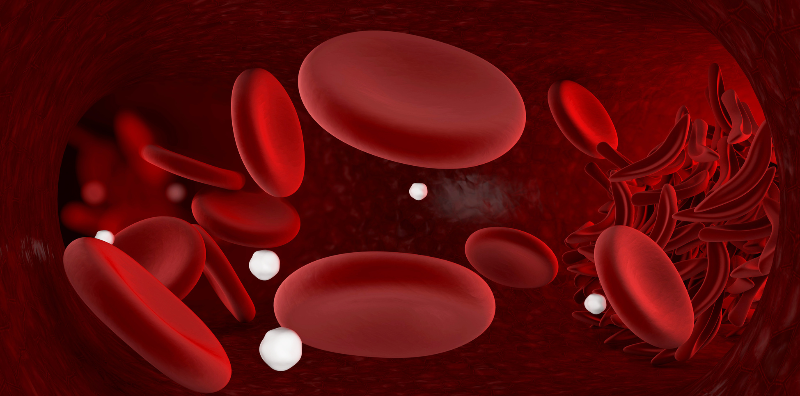
08:32 27th September 2017 | Uncategorized
Cell Disorder Genetic Disorder Sickle Cell Red Blood Cells Hemoglobin SCD PGD IVF
Sickle Cell Disease (SCD), or sickle cell anemia, is a group of inherited red blood cell disorders that affects millions of people throughout the world. To make people more aware of this genetic disorder, September was named National Sickle Cell Awareness Month in 1983.
There is a way to avoid passing this disease to your baby. To find out more, CONTINUE READING
Healthy red blood cells, apart from giving the blood its red colour, are also responsible for distributing enough oxygen throughout the body. If you have sickle cell disease, you don’t have enough healthy red blood cells.
Hemoglobin is the protein molecule in red blood cells that carries oxygen. In medical terms, with SCD, abnormal haemoglobin S (Hb S) instead of haemoglobin A (Hb A) is present in the red blood cells.
Regular, healthy red blood cells are round and flexible, making movement through blood vessels easy. Individuals with sickle cell disease carry red blood cells that are shaped like sickles that turn rigid and sticky, causing them to get stuck in small blood vessels. This can slow or even block blood flow and therefore delay oxygen distribution to certain parts of the body.
According to research, Nigeria has the largest population of people with sickle cell disease in the world. Every year, approximately 150 000 Nigerian babies are born with this serious condition and it is estimated that only 5% of these affected babies live past the age of 10 (in the UK and USA over 96% of sufferers survive into adulthood). Those with SCD often struggle with education, employment and psychological development due to chronic pain and other complications associated with the disease.
The main symptom is recurrent episodes of pain, called crises. The pain is caused by the sickle-shaped red blood cells blocking blood flow to the chest, abdomen and joints. The intensity of the pain varies, but it can last for hours or even weeks. Other symptoms include:
To promote health and avoid some complications of sickle cell disease you should try to:
See details below to get in touch with one of our MediCentre Physicians.
If SCD runs in your family there is a way to avoid passing it to your baby. A procedure called preimplantation genetic diagnosis (PGD) is performed during in vitro fertilisation (IVF) to thoroughly examine embryos with the goal to selecting disease-free embryos for transfer.
In a country where sickle cell disease is so prevalent, we should strive to spread awareness and understanding for this severe genetic condition.
Book an appointment for an assessment.
If you have SCD, or know someone with SCD, don’t hesitate to get in touch with one of our MediCentre Physicians.
Email enquiries@thebridgeclinic.com | Call +234 (0) 8104 607 790
Search by condition, treatment or keyword and conveniently browse our informative articles
Book an appointment online or search for a clinic close to you.
Book an Appointment